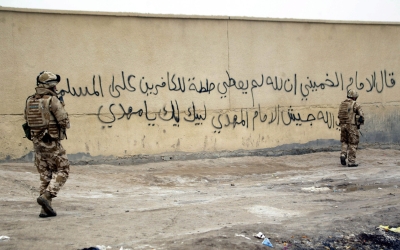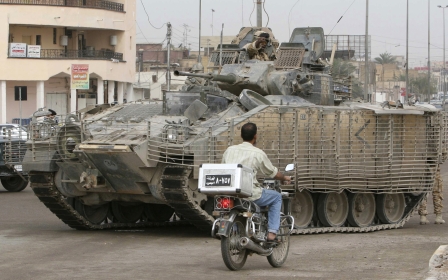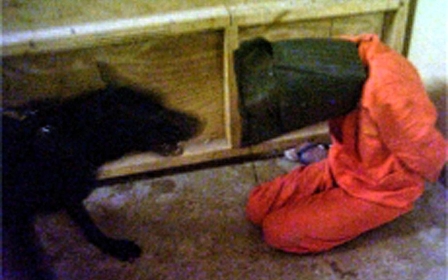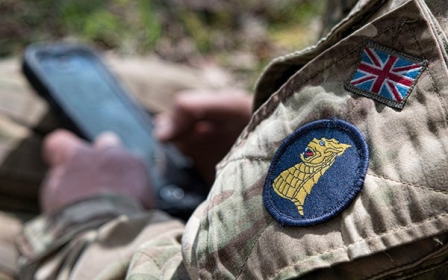New UK law shields soldiers over Iraq and Afghanistan war crimes allegations
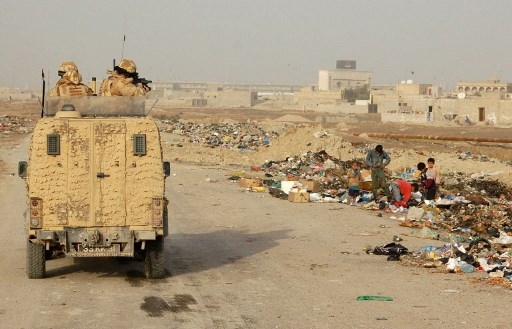
The British government is introducing new laws to protect the country’s soldiers from being prosecuted for crimes they have committed while serving outside the country.
New legislation will introduce a five-year time limit on any prosecutions, meaning soldiers are unlikely to be prosecuted for any crimes committed following the 2003 invasion of Iraq or during the war in Afghanistan.
The measures will cover only British soldiers serving outside the UK, and so will not protect any who committed offences during the 30-year conflict in Northern Ireland known as the Troubles.
The controversial new rules mean that there will be a presumption that once five years have elapsed since the date of an incident, prosecutors will bring charges only in exceptional circumstances.
A number of Iraqi prisoners were beaten to death or drowned by British troops following the 2003 invasion, and the UK Ministry of Defence (MoD) has paid out millions of pounds to settle claims brought over cases of unlawful killing and torture, both in Iraq and Afghanistan.
New MEE newsletter: Jerusalem Dispatch
Sign up to get the latest insights and analysis on Israel-Palestine, alongside Turkey Unpacked and other MEE newsletters
Last year Middle East Eye disclosed that at times the British army relaxed its rules of engagement in both countries to allow soldiers to shoot unarmed civilians.
There have also been concerns that war crimes committed by British troops in Afghanistan may have been covered up by MoD officials and possibly also by ministers.
There have been few prosecutions, but military and civilian police investigations have been protracted – and frequently repeated – leaving some to complain that soldiers suspected of committing offences have been unfairly treated.
The MoD is known to have been pushing for the measures to be extended to Northern Ireland, but have faced resistance from ministers and officials responsible for governing the province, who fear that to do so would undermine the ongoing peace process.
However, British government ministers have not ruled out introducing measures to protect soldiers who served in Northern Ireland at some point in the future.
Johnny Mercer, the government minister for veterans’ affairs, said: “This package of legal measures will reduce the unique pressure faced by personnel who perform exceptional feats in incredibly difficult and complex circumstances.
'The officers are concerned that, not only do the proposals undermine international law, but also potentially encourage other rogue nations to follow suit'
- Nicholas Mercer, former British Army lawyer
“This important next step has gone further than any other government before to protect military personnel who put their life in jeopardy to protect us.”
Not all British soldiers or former soldiers support the new measures, however, with some arguing that it is demeaning of the military to place its personnel above the law.
Nicholas Mercer, a former lieutenant colonel who was the British army’s most senior military lawyer in Iraq following the invasion – and who repeatedly protested about the abuse of prisoners that he says he witnessed – also warned that the new measures would set a dangerous example during future conflicts.
He told MEE: “A number of senior officers have already expressed concerns about the proposals put forward by Johnny Mercer.
“The officers are concerned that, not only do the proposals undermine international law, but also potentially encourage other rogue nations to follow suit.
“Discipline and accountability are absolutely essential on the battlefield and anything which might undermine this must be resisted.
“The British Army does not need or require any special protection from the law. A professional army complies with the rule of law rather than circumvents it.”
The new measures will be closely scrutinised by the International Criminal Court in the Hague, which is conducting a preliminary inquiry into alleged British war crimes in Iraq, and currently considering whether to mount a full investigation.
Middle East Eye delivers independent and unrivalled coverage and analysis of the Middle East, North Africa and beyond. To learn more about republishing this content and the associated fees, please fill out this form. More about MEE can be found here.


